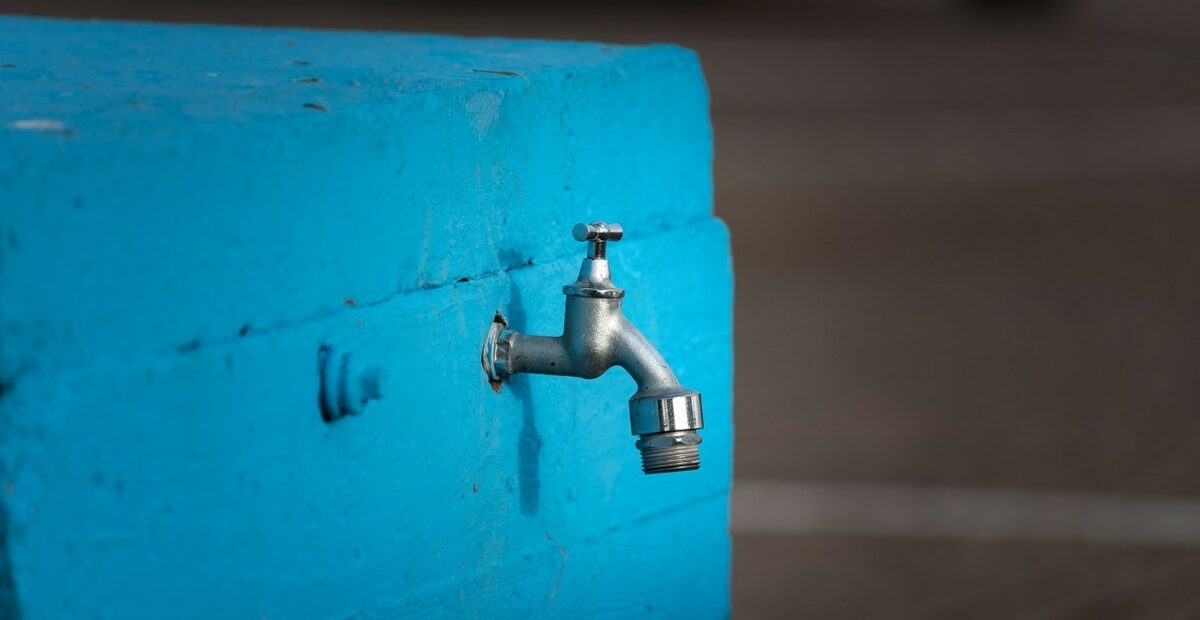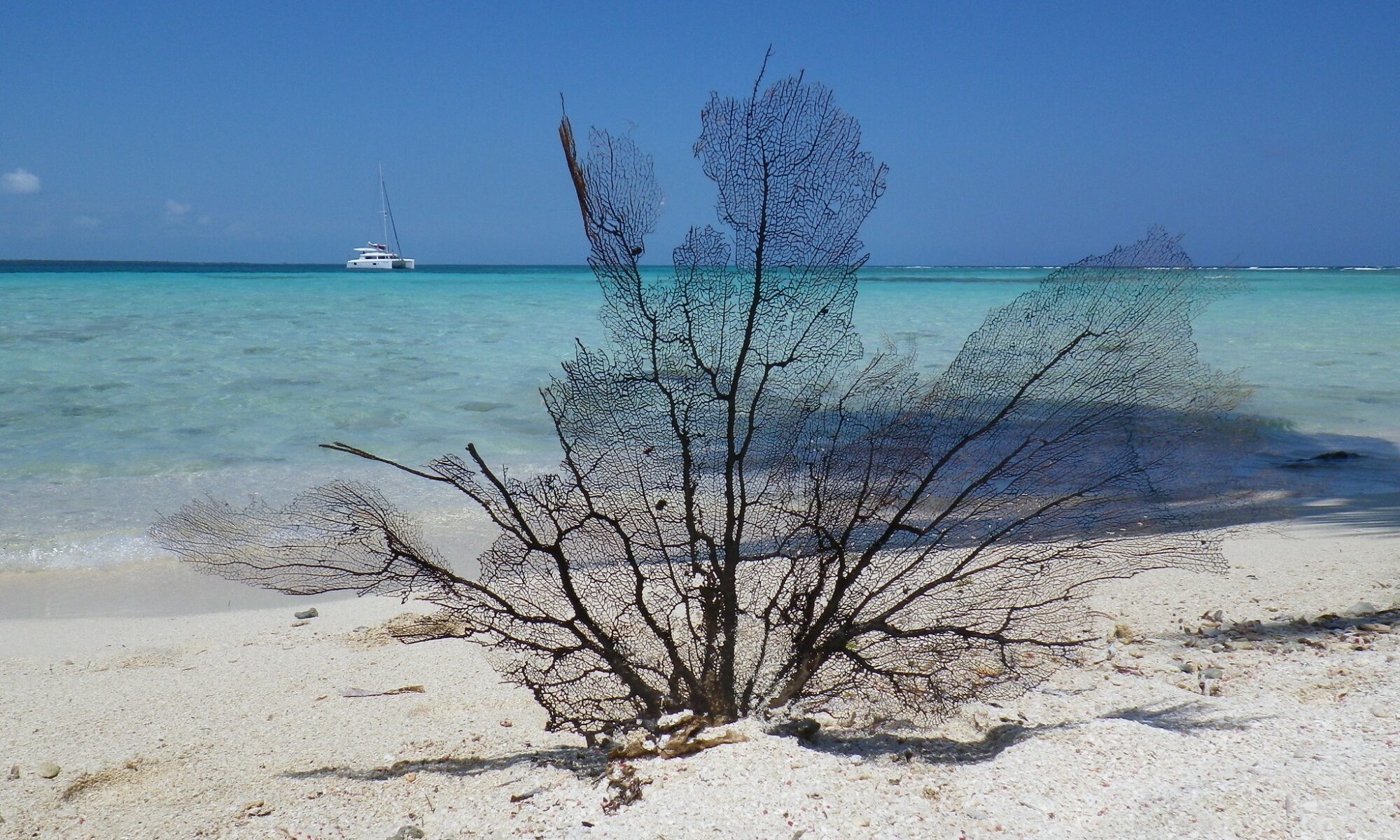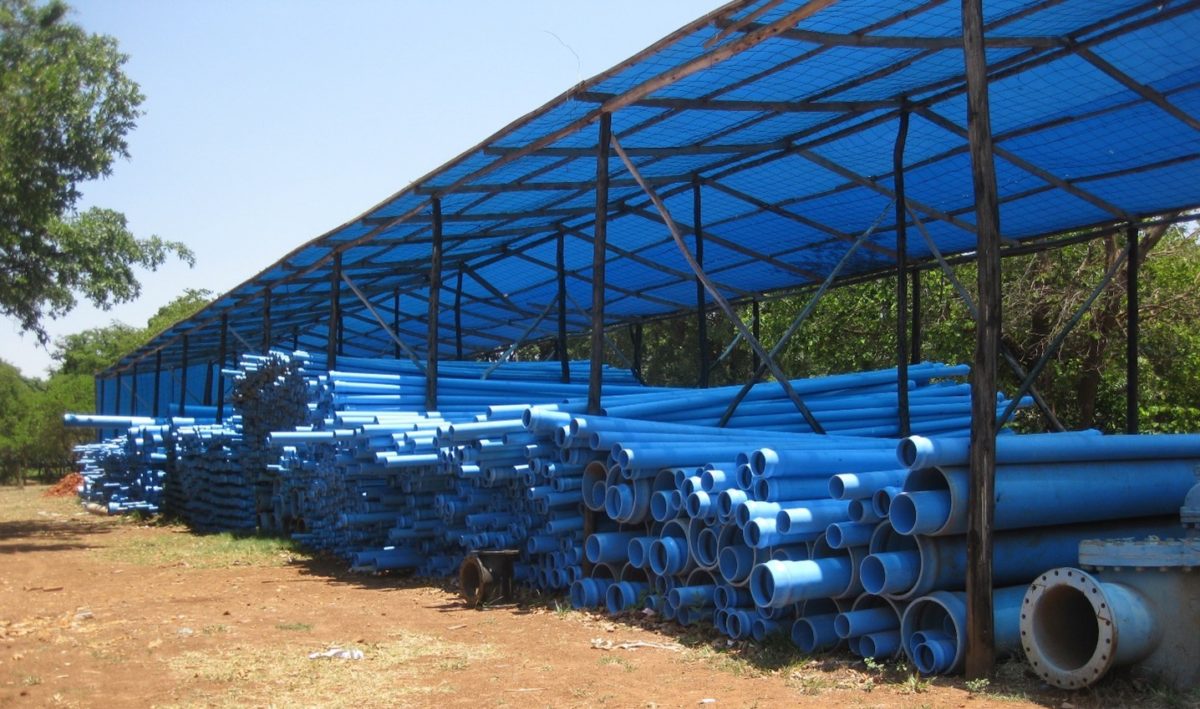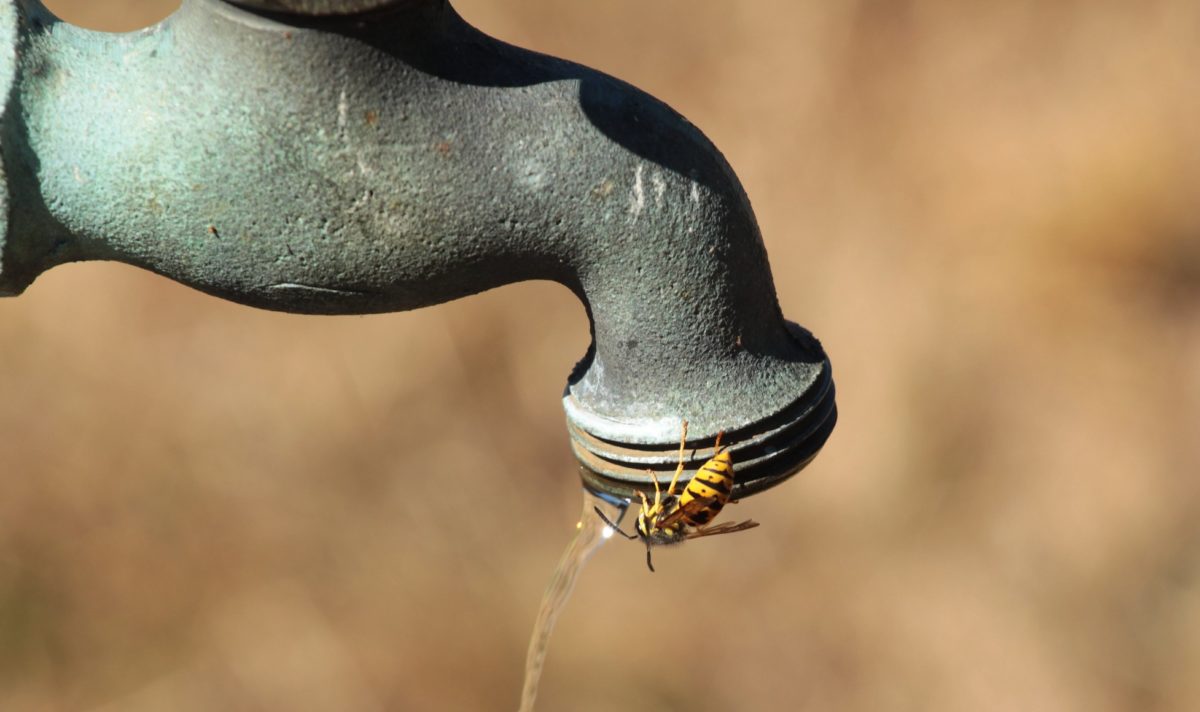By Basile Boulay
Droughts, floods, shrinking water tables and growing competition to access what is becoming the new gold bring water governance at the centre of the global discourse. While evidently crucial, the governance question cannot be disentangled from the broader issue of the neoliberal agenda seeking the commodification of life, including water. Can sound resource management be achieved when states openly support private accumulation at the expense of nature and people? Madelaine Moore’s new book on Water struggles as resistance to neoliberal capitalism comes in handy to help us make sense of these questions by bringing insights from Australia and Ireland.
Continue reading “Water, accumulation, and the space in-between”



